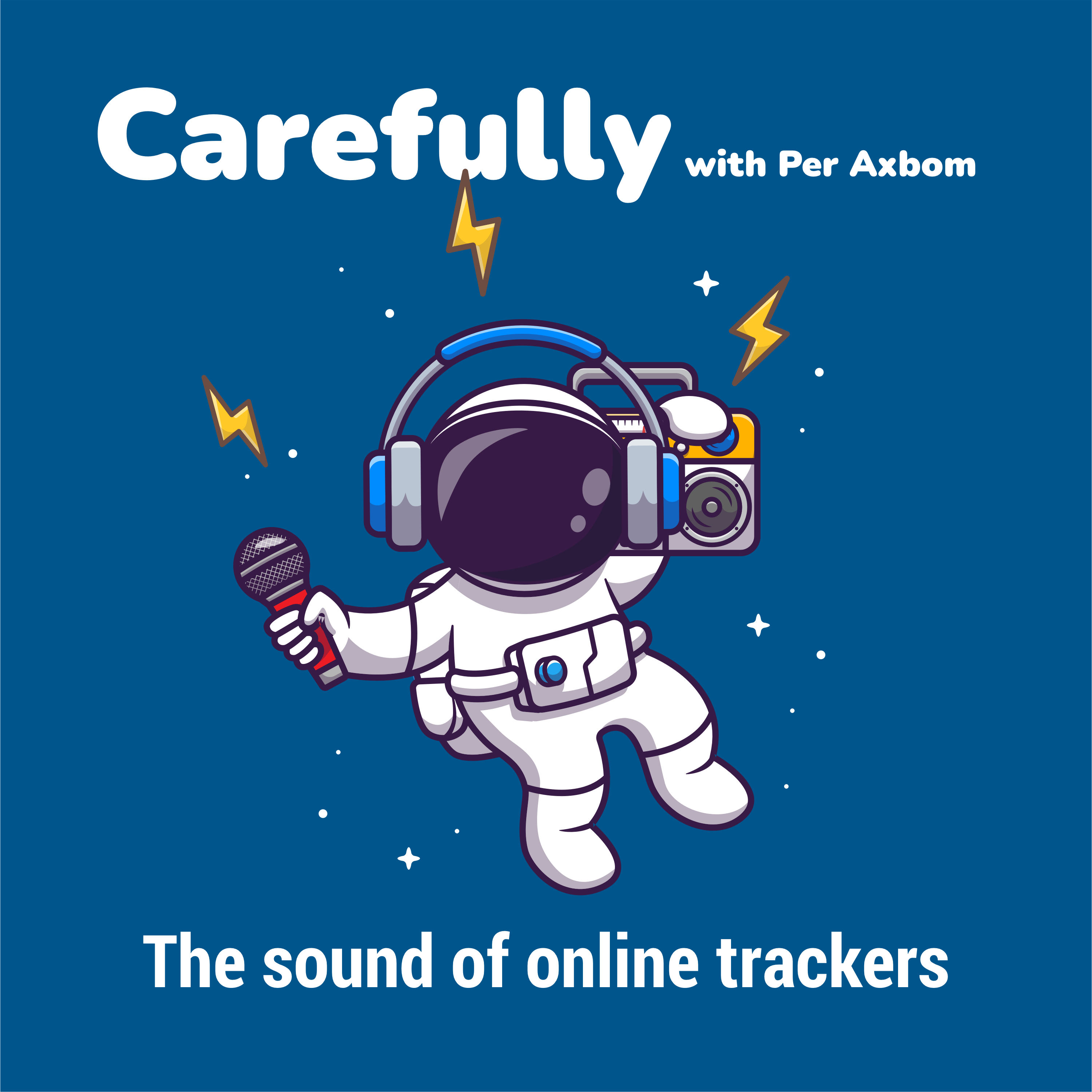The creepy sound of online trackers
Manage episode 440907679 series 3449256
I can't get the noise out of my head. People who watch the video express awe and disgust. And that is why Dutch software developer Bert Hubert's experiment is so powerful. It doesn't really uncover something that we shouldn't already know. Something we often choose to ignore. The brilliance is that it makes us incapable of ignoring.
Bert himself explains that he has had the idea for years. It's one of those things that live on in the back of your mind, until one day the stars align and you finally find that block of time when your idea surfaces at the same time.
Bert's idea appears simple:
What if your computer made a little noise each time it sends data to Google?
So this is what he did. A piece of software dubbed googerteller designed for his Linux computer that emits a scratchy beep when the computer detects information flowing out from his computer to one of Google's computers.
And here is what his first video looks like. Or rather, sounds like. It's when visiting the official Dutch government jobs site. Bert notes that it does not ask for consent for this data transfer.
Take note in the beginning when each character in the search query sends data to google in order to trigger the search suggestions.
Video by Bert Hubert
Levelling up with more trackers
After announcing the tool in a tweet the video quickly received over a million views. Spurred by this attention Bert decided to develop his tool further and include trackers not only from Google but also Facebook and dozens of other trackers.
When visiting some popular news sites, this is now what his computer sounds like:
Video by Bert Hubert
Even though I personally am acutely aware that this tracking is happening on most sites we visit today, the video and its noise still make me shiver. In case you are hard of hearing, the noise in the second video is almost constant, ongoing even as Bert is just scrolling.
It's not only about the data transfer itself. Imagine the amount of network traffic required when this happens to everyone active online. And the storage and CPU power required to process it all. Yeah, you get it.
The power of transparency
When we talk about transparency we often talk about letting people know what is going on. But it's generally the case that transparency in worded explanations and reports is hard to digest and understand. This experiment shows what can happen when people begin to understand differently. A real-time audio explanation gives new meaning to transparency.
And I believe this is only a first step. Check out Bert's post where he talks about some ideas to take the tool further, including a public live demo installation.
I personally would of course like to see a tool like this available on more platforms. And there is a lot of opportunity to allow users to add trackers and select sounds for different trackers. And of course to add the option of visual feedback for people who can not hear, such as bubbles appearing and popping for each information transfer.
For a person like myself it would almost turn into a game seeing what trackers I manage to block in my Hosts file and which ones make it through.
If someone with more skills than me is building something along these lines I would definitely be interested in contributing with design ideas. I talk a lot about awareness, and this is one of those types of tools that I believe would encourage a lot more people to have important conversations, and take action.
Thank you Bert.
Listen

6 odcinków




